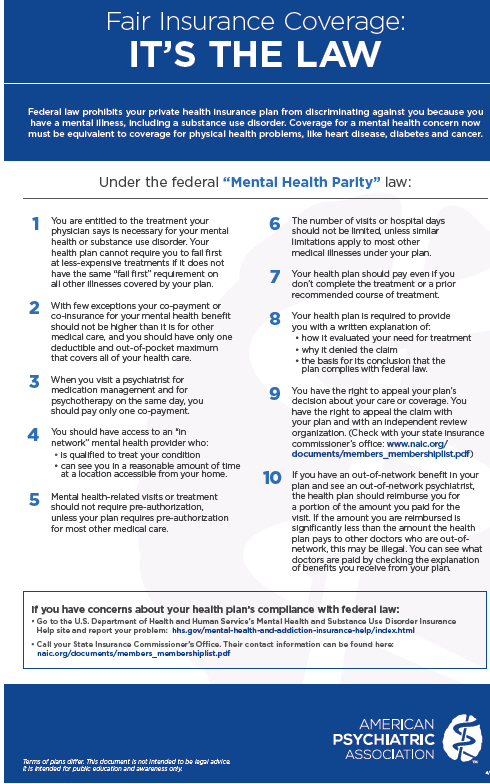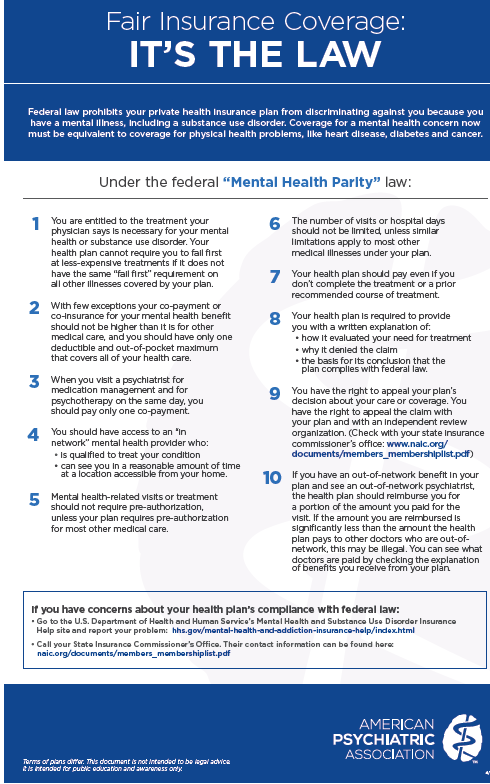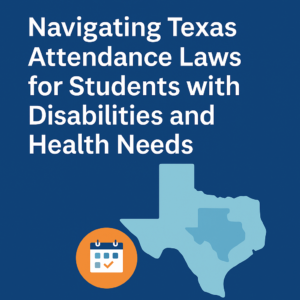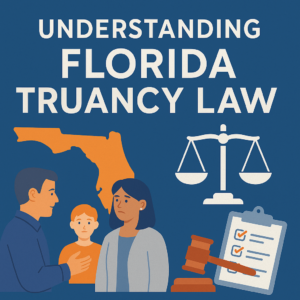The uncertainty about mental healthcare costs keeps a lot of people from seeking help. Then the confusion about how your health insurance covers and reimburses for these costs adds another dimension of stress to families seeking help. It is important to know that there are federal parity laws that protect your rights for mental healthcare coverage. The Paul Wellstone and Pete Domenici Mental Health Parity and Addiction Equity Act of 2008 (MHPAEA) is a federal law that prevents group health plans and health insurance issuers that provide mental health and substance use disorder (MH/SUD) benefits from imposing less favorable benefit limitations on those benefits than on medical/surgical coverage.
In essence this means that your insurance company must use the same guidelines and reimbursements for mental health just as they do for physical health. Over the past few years insurance companies have been reevaluating their mental healthcare coverage to be in compliance with these laws. Unfortunately, this doesn’t always mean that your insurance company will follow the letter of the law. So, it is very important as a consumer to make sure that you are not being discriminated against and that you know your rights.
The attached poster from the American Psychiatric Association does a great job detailing the law. It explains how to determine if your coverage is in compliance with the law and how to appeal a claim.
If you have concerns about your health plan’s compliance with federal law, then you must contact either your states banking and insurance commission or the federal government which is handled by regional offices of the Centers for Medicare and Medicaid.(for this link, scroll to the bottom and click on the pdf for your region’s contact information).
If consumers don’t report problems with their own insurance companies, then the insurance companies will not be held accountable and they will continue to provide inadequate coverage. Additionally, state and federal agencies will not have any data showing non-compliance and won’t see any need for oversight of these laws.






